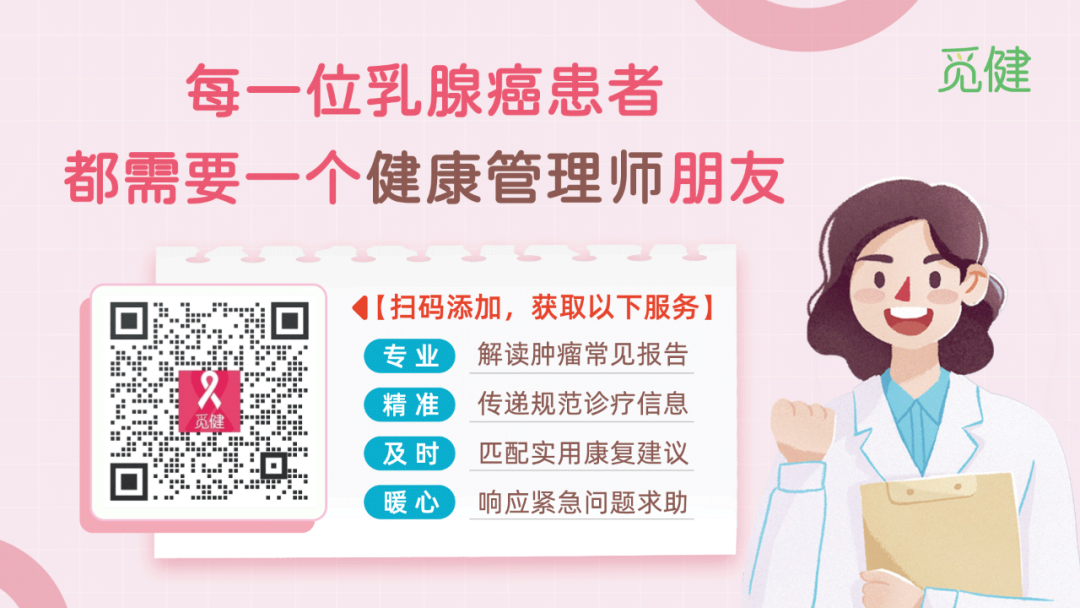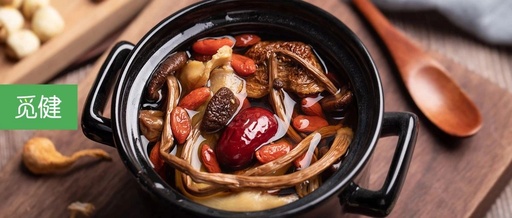Follow us for more updates Learn more about cancer-fighting information
Learn more about cancer-fighting information
Hello everyone, I am Mi Jian Huan Huan!
Are there any sisters from the Guangdong region among our breast cancer friends? It is said that the Guangdong region loves to make soup, which often includes traditional Chinese medicinal ingredients. Recently, I discovered an official announcement — the National Health Commission and the State Administration for Market Regulation jointly released a notice that Codonopsis (Dang Shen), Cistanche (Rou Cong Rong), Dendrobium (Tie Pi Shi Hu), American Ginseng (Xi Yang Shen), Astragalus (Huang Qi), Ganoderma (Ling Zhi), Cornus (Shan Zhu Yu), Gastrodia (Tian Ma), and Eucommia Leaves (Du Zhong Ye) have been officially included in the directory of substances that are both food and medicinal according to tradition.
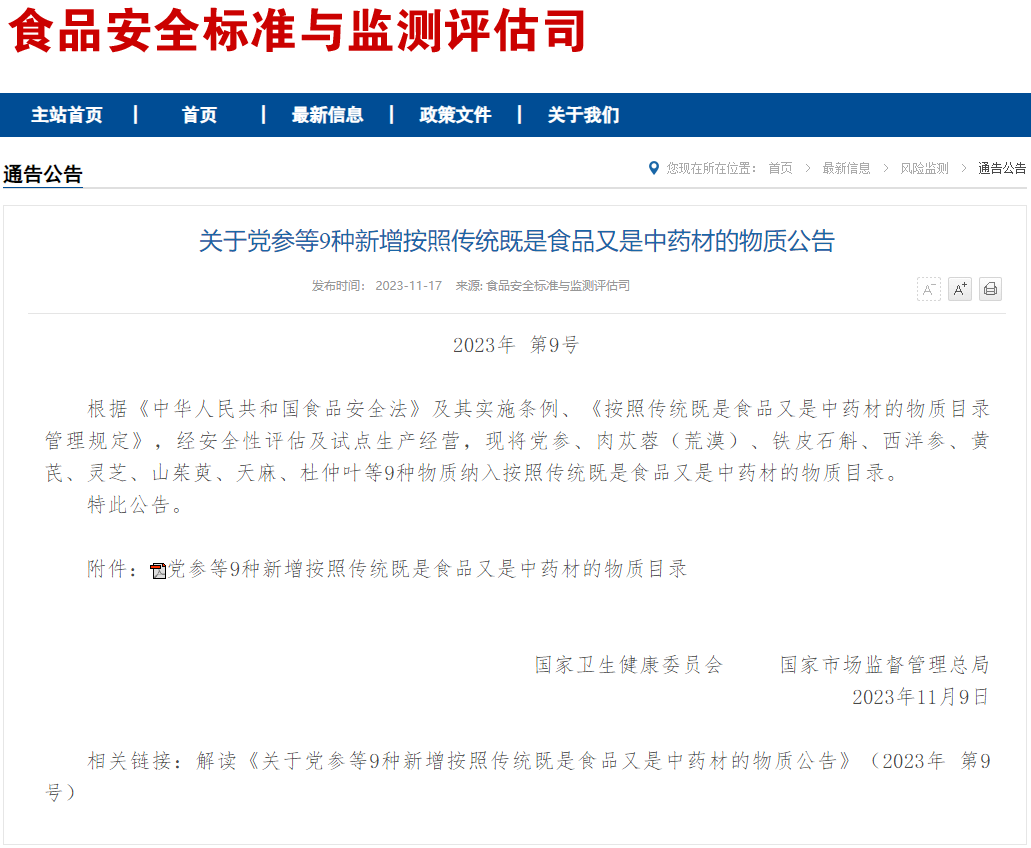
Image source: National Health Commission
In other words, our directory of food and medicinal substances in China has become richer! For our breast cancer sisters, it will be more convenient to purchase these items in the future, and we may see these food-medicinal substances added to more food products.
Therefore, to better utilize these substances, we must be clear about their effects and corresponding contraindications!
//

The most important principle:
These nine substances, as food-medicinal substances, are recommended to be consumed in moderation according to traditional methods. Special populations such as pregnant women, nursing mothers, and infants are not recommended to consume them.
01
Ganoderma (Ling Zhi)
Ganoderma is a well-known traditional Chinese medicine, with its main active component being Ganoderma polysaccharides, which have neuroprotective effects, enhance the body’s immunity, and possess anti-inflammatory and antioxidant properties. It can also inhibit the proliferation of tumor cells, induce apoptosis in breast cancer cells, and suppress tumor cell metastasis[3].
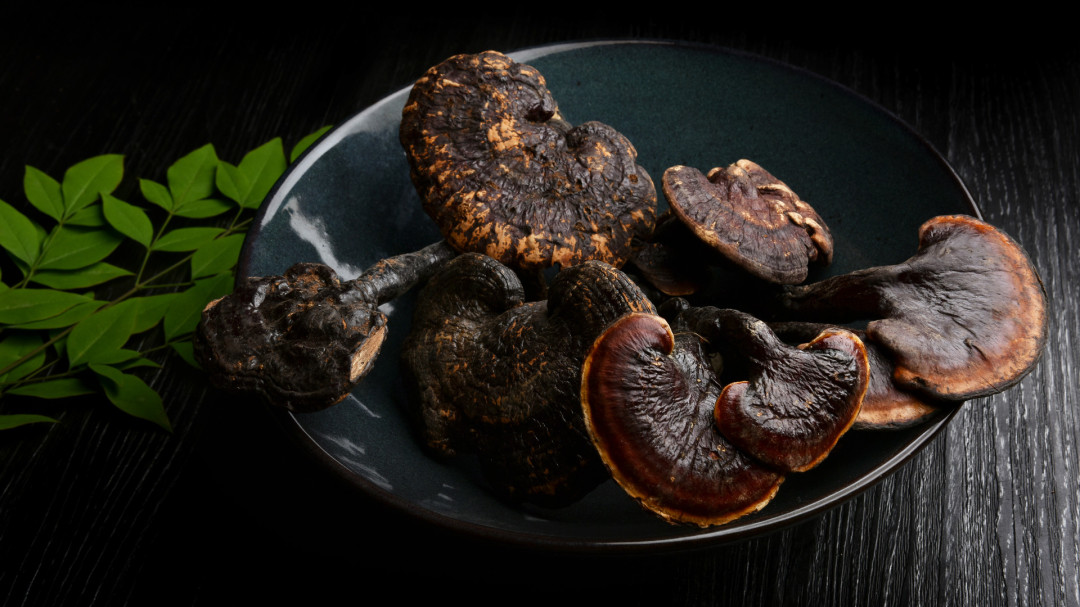
Image source: Shetu Network
Additionally, studies have shown that Ganoderma spore polysaccharides combined with paclitaxel can regulate tumor metabolism and improve gut microbiota dysbiosis in patients, demonstrating significant anti-breast cancer activity. Breast cancer patients can take it as advised by their doctor based on their condition.[3].
Consumption methods: soup, tea, etc. Consumed according to traditional habits, no adverse reactions reported.
Question
Can breast cancer patients eat Ganoderma spore powder?
Click“Can breast cancer patients eat these 15 health products including Ejiao, Bird’s Nest, and Ganoderma spore powder?”.
02
American Ginseng (Xi Yang Shen)
American Ginseng, as a traditional Chinese medicine, has the effects of tonifying Qi, nourishing Yin, clearing heat, and generating fluids. It can be consumed appropriately as advised by a doctor.
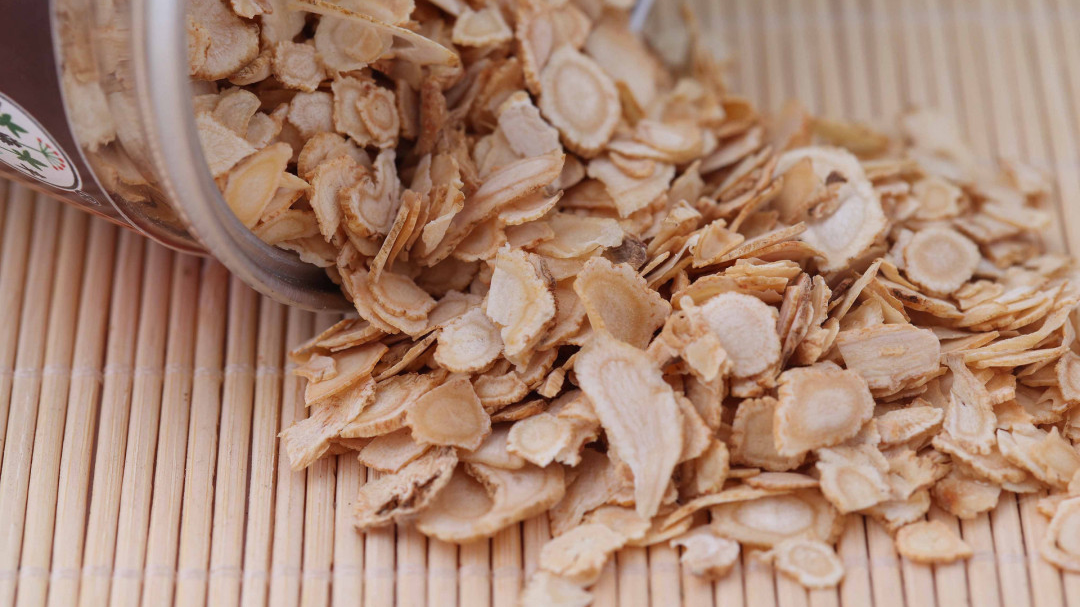
Image source: Shetu Network
Moreover, American Ginseng can alleviate discomfort such as dry mouth and throat caused by endocrine drugs and relieve fatigue during anti-tumor treatment. Breast cancer patients can take it as advised by their doctor, but it should not be consumed with white radish[4].
Consumption methods:infusion, porridge, soup, in dishes, etc. Consumed according to traditional habits, no adverse reactions reported, and should not be eaten with Rhei Radix.
03
Codonopsis (Dang Shen)
Codonopsis is neutral in nature and has a mild effect, with functions of tonifying the middle, benefiting Qi, nourishing blood, and strengthening the stomach. During chemotherapy and radiotherapy, cancer patients often experience low blood cell counts, and consuming Codonopsis can help alleviate these symptoms.
Codonopsis slices yield twice the effective components compared to Codonopsis segments, so it is advisable to consume it in slices. It is important to note that Codonopsis has a Qi-tonifying effect, and it should not be consumed with white radish.
Consumption methods: soup, porridge, steamed rice, in dishes, hot pot ingredients, and making Codonopsis jerky, consumed according to traditional habits, no adverse reactions reported, and should not be eaten with Rhei Radix.
04
Dendrobium (Tie Pi Shi Hu)
Can be consumed, suitable for patients experiencing thirst and dry throat after radiotherapy.
Dendrobium has the effects of nourishing Yin and moistening the lungs, and is suitable for individuals with Yin deficiency, especially for cancer patients experiencing thirst and dry throat after radiotherapy. Dendrobium can only be used as an option to enhance the immune function of cancer patients and does not directly possess anti-cancer properties.
Consumption methods: ready to eat, soup, in dishes, juicing, tea, etc. Consumed according to traditional habits, no adverse reactions reported.
05
Astragalus (Huang Qi)
Modern research shows that Astragalus contains various saponins, polysaccharides, flavonoids, and amino acids, which have immune-regulating and antioxidant functions. Some studies have found that Astragalus injection has an inhibitory effect on human breast cancer cells, and the inhibitory effect is proportional to the concentration of the drug, indicating a certain dose-effect relationship, suggesting that Astragalus has anti-breast cancer effects, but it is still recommended to consult the attending physician before consumption.
06
Cornus (Shan Zhu Yu)
Patients with spleen and stomach deficiency can useLi Zhong Tang to regulate the spleen and stomach, which contains Cornus.
Consumption methods: soup, in dishes, traditionally made juice, candied fruits, etc. Consumed according to traditional habits, no adverse reactions reported.
07
Gastrodia (Tian Ma)
Used in stews, in dishes, hot pot, etc. Consumed according to traditional habits, no adverse reactions reported, not suitable for allergic individuals.
08
Eucommia Leaves (Du Zhong Ye)
Young leaves of Eucommia can be used in dishes, porridge, tea, and staple foods, consumed according to traditional habits, no adverse reactions reported.
09
Cistanche (Rou Cong Rong)
Used in stews, in dishes, making staple foods, tea, etc. Consumed according to traditional habits, no adverse reactions reported.
Final Thoughts
Huan Huan often sees discussions in the breast cancer support group about how to use traditional Chinese medicine for supportive care. For example, some friends shared that they experienced severe diarrhea while using targeted therapy, and after drinking red date ginger tea made in a health pot for a while, they found the diarrhea improved. Others mentioned that they would consume Five Red Soup when their white blood cell counts were low.
Although not everyone experiences the same effects, most friends still express a positive attitude towards traditional Chinese dietary therapy. Therefore, my suggestion is to definitely consult a reputable TCM hospital for careful diagnosis before using traditional Chinese medicine for supportive care, and ensure to purchase the right materials and cook them correctly to achieve the best results!
 Click the card below to follow usfor morerelated articles■ How long can one live after being diagnosed with breast cancer? Experts reveal the truth■ If you experience these three situations, breast cancer patients should seek medical re-examination immediately!■ Tumor compression is life-threatening! This choice gives me a glimmer of hope
Click the card below to follow usfor morerelated articles■ How long can one live after being diagnosed with breast cancer? Experts reveal the truth■ If you experience these three situations, breast cancer patients should seek medical re-examination immediately!■ Tumor compression is life-threatening! This choice gives me a glimmer of hope
Warm reminder: This article aims to convey knowledge about diseases and is not intended as a recommendation for treatment plans or medical advice.
Cover image source: Shetu Network
Editor: Mi Jian Quan Quan
References:
[1] China Market Supervision Newspaper
[2] National Health Commission
[3] Pan Yunxia, Jiao Zhuoya, Peng Can, Song Hang, Liu Junqing, Chen Fengyuan. Study on the regulation of antioxidant factor expression by Ganoderma polysaccharides to inhibit the malignant phenotype of breast cancer [J]. Chinese Herbal Medicine, 2022, 53(23):7440-7448.
[4] Gao Xueming et al. Traditional Chinese Medicine (Complete in 2 Volumes) [M]. People’s Health Publishing House. 2013.01.
